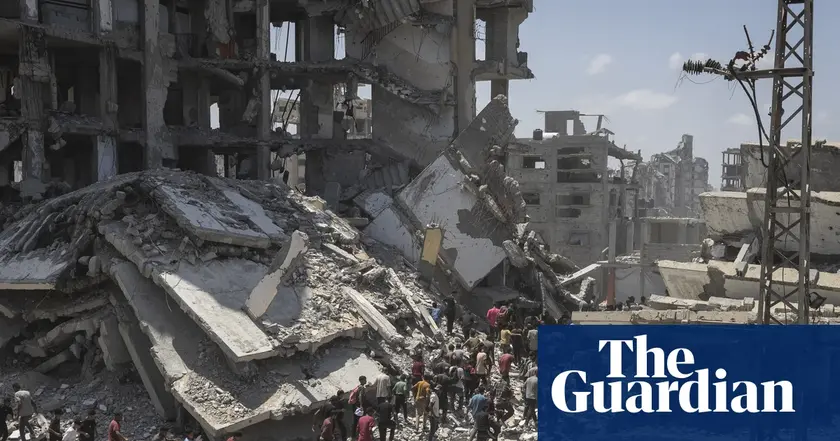T4K3.news
Protests surge as Gaza City plan tests Israeli resolve
Thousands rally against the Gaza City takeover plan as families push for a hostage deal and ceasefire, signaling deep national tensions ahead of a critical security decision.
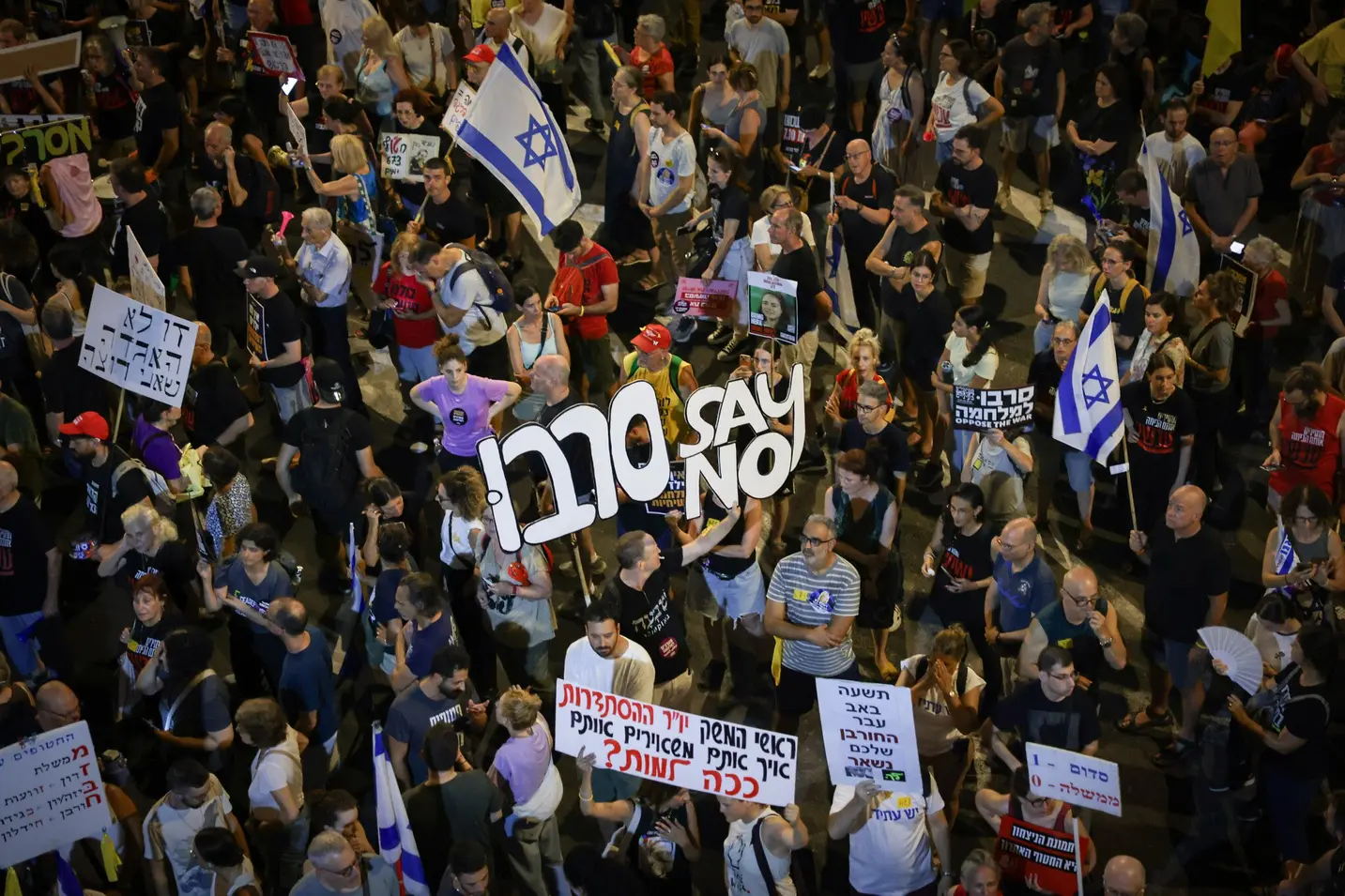
Thousands gather in Tel Aviv and cities across Israel to demand a hostage deal and ceasefire as Israel plans to seize Gaza City.
Mass Protests Against Gaza City Takeover Plan
Thousands gathered in Tel Aviv and other cities on Saturday evening, blocking traffic and lighting bonfires as they pressed for a deal to free hostages and a ceasefire before a planned assault on Gaza City. The protests reflected broad worry about the plan to seize the city despite military objections and concerns about the humanitarian toll. The Hostages and Missing Families Forum urged decision-makers to pursue a comprehensive hostage deal and to stop the war.
Speakers at Hostages Square described the personal toll of the crisis. Sharon Aloni-Cunio spoke about her husband David Cunio, asking how much he weighs, when he last ate, and whether he could be asked to dig his own grave. Others called for a general strike to pressure the government, and some urged soldiers to refuse participation in an expanded campaign, arguing the operation would endanger hostages and deepen the humanitarian disaster. Labor leaders signaled skepticism about immediate action, and the labor court previously ruled that political strikes could be illegal if framed as worker rights issues rather than a labor demand.
Away from the main rally, hundreds of left‑wing activists held silent protests, displaying images of Palestinian children killed in Gaza. Protesters later moved toward the IDF headquarters, with some blocking the Ayalon highway briefly before police reopened it. A push for a general strike of Israel’s economy is being pushed by families, though the national labor union has indicated it will not declare one in the near term.
Key Takeaways
"I thought about my David: How much does he weigh? When did he last eat? Will he also be asked to dig his own grave?"
Spoken by Sharon Aloni-Cunio at Hostages Square about her husband in captivity
"The mission you’ll be given is participation in the killing of hostages."
Speech by Shai Mozes at the anti-government protest near the IDF headquarters
"An entire county is held hostage by Hamas and the government of Israel."
Comment by Einav Zangauker to protesters
"Don't agree to enter Gaza, refuse to participate in an overtly illegal war."
Statement attributed to a protest participant calling on soldiers
The demonstrations highlight the tension between a government’s security strategy and the human costs of war. By centering the plight of hostages and their families, they inject a moral dimension into a decision that could widen the conflict. Officials face a political balancing act between pressuring Hamas and avoiding a humanitarian catastrophe, while public messaging risks inflaming national divisions. The day’s events also reveal limits to civil action: while families push for broader economic pressure, labor leaders question the feasibility and legality of a wide shutdown in a volatile moment.
The rhetoric around a possible ceasefire or partial negotiations shows how fast political terrain can shift. If the protests remain peaceful but high in turnout, they could shape domestic support for or against the Gaza City operation and influence foreign perceptions of Israel’s governance and decision-making under stress. The coming days will test how much pressure public opinion can mount without destabilizing security objectives.
Highlights
- Don’t agree to enter Gaza refuse to participate in an overtly illegal war.
- An entire county is held hostage by Hamas and the government of Israel.
- The mission you’ll be given is participation in the killing of hostages.
- Silence kills the country, the country grinds to a halt to save the hostages.
Political and public backlash risk tied to Gaza City plan
The large protests and calls for a general strike reflect political risk and potential civil friction. The hostage issue heightens sensitivity around security decisions and humanitarian concerns, potentially worsening domestic polarization and inviting scrutiny from allies and opponents.
The path ahead will test how a society weighs security needs against humanitarian costs.
Enjoyed this? Let your friends know!
Related News
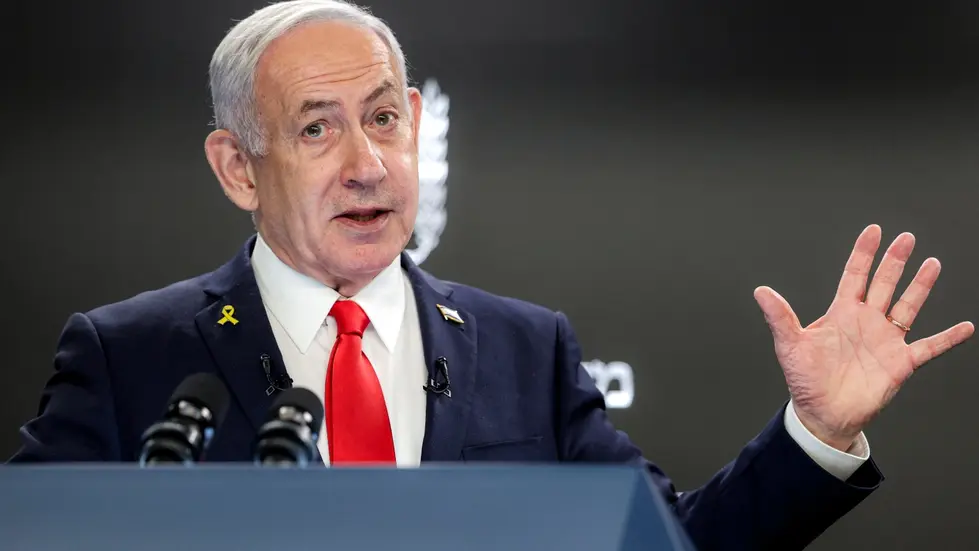
Gaza City plan faces global backlash
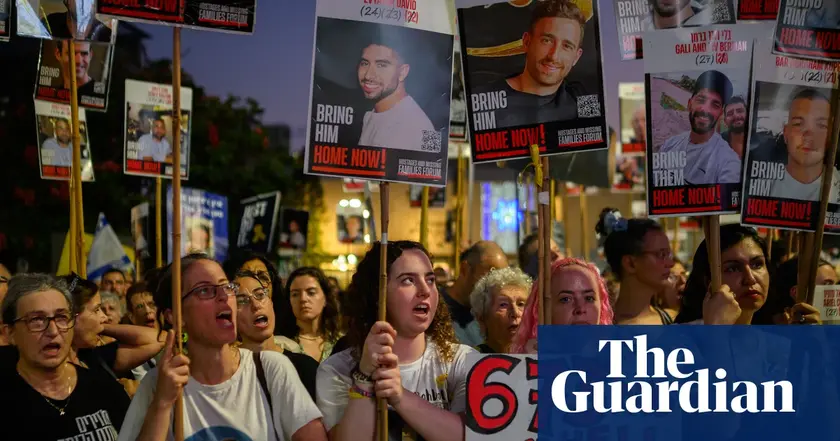
Tel Aviv protests challenge Netanyahu plan escalate Gaza war
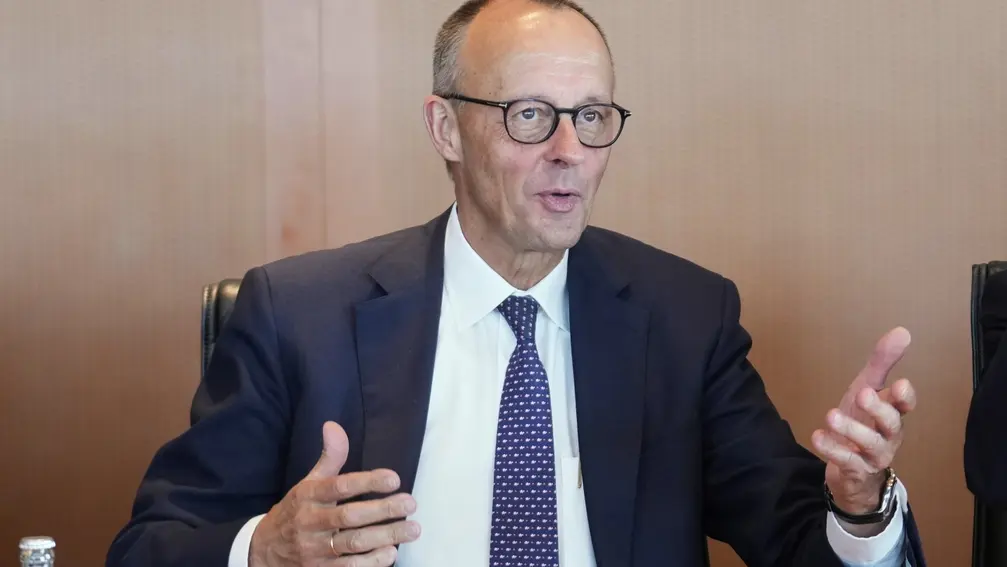
Germany pauses arms exports to Israel
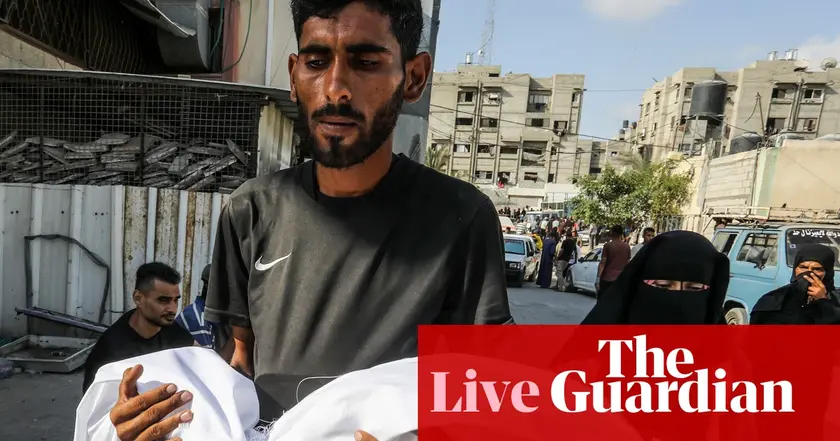
Six killed as civilians gather for aid in Gaza
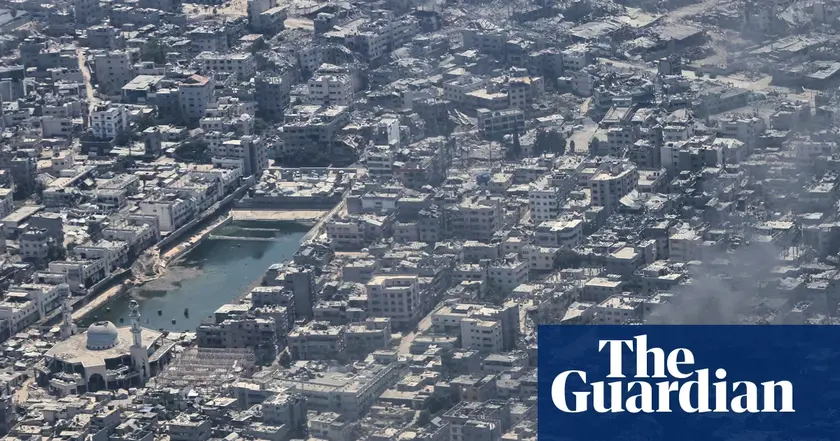
UK urges de-escalation in Gaza plan
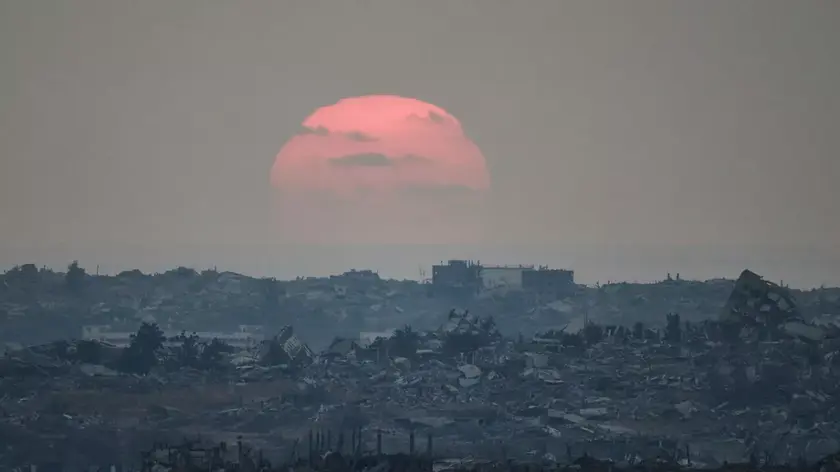
Foreign ministers condemn Gaza City plan
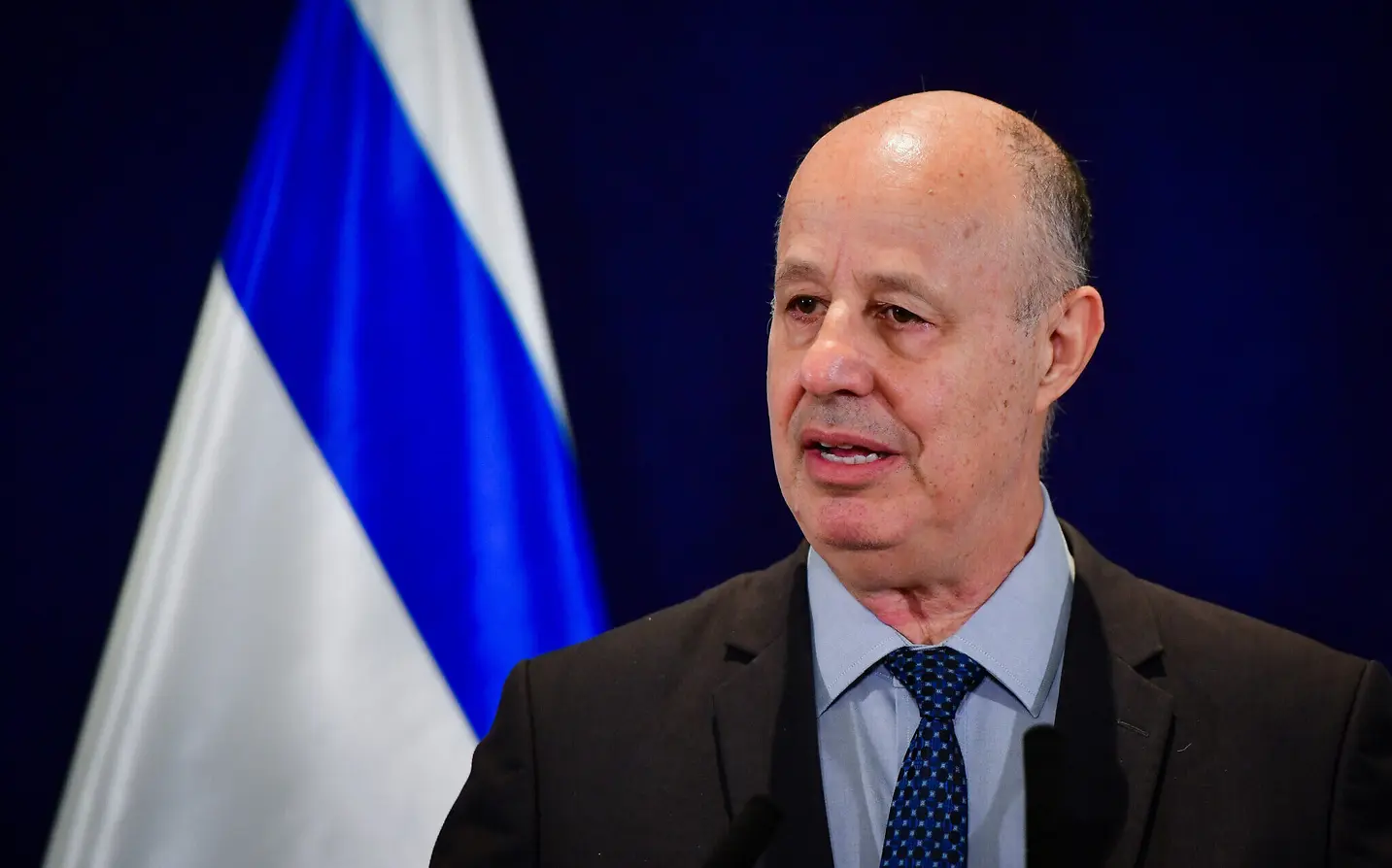
Security adviser opposes Gaza City takeover plan
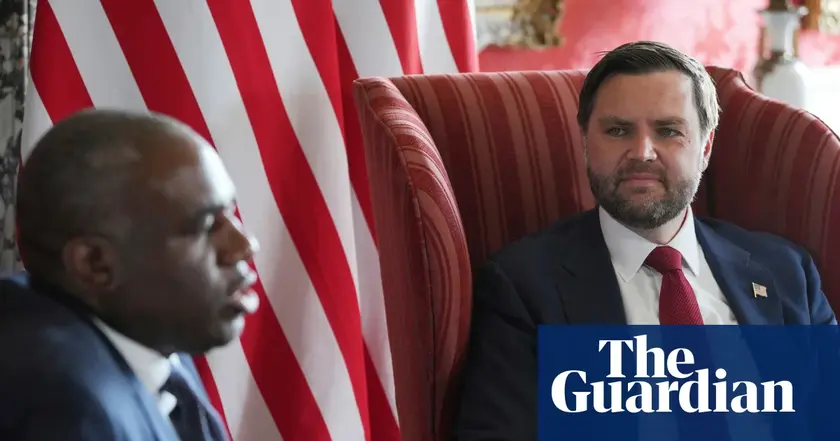
US UK Gaza policy fails to converge
